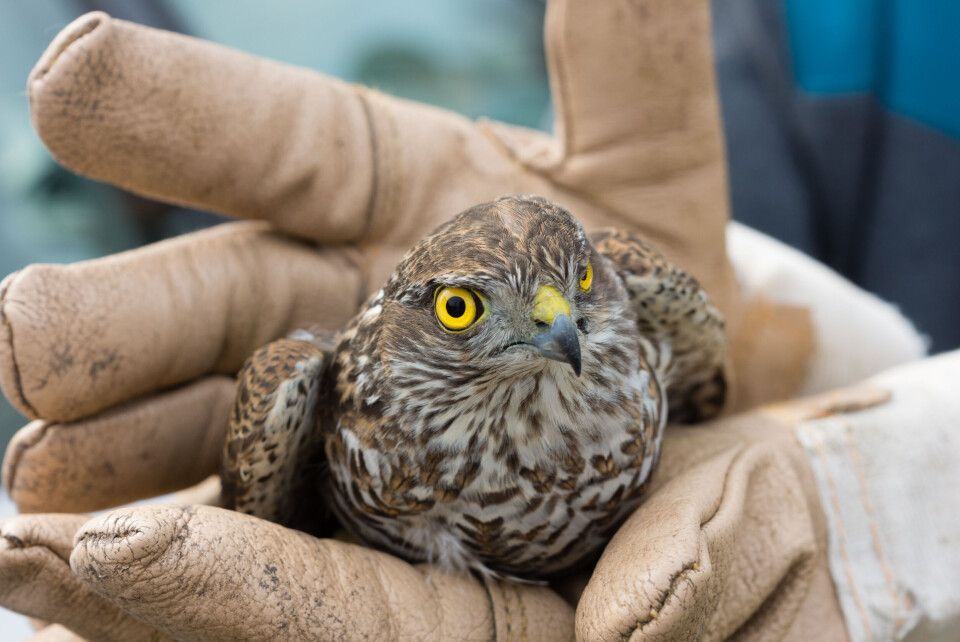-
How to help hedgehogs in your garden in France
Follow these tips to create a healthy ecosystem for this protected species
-
What are the rules on installing a cat flap or doggy door at my French home?
Local heritage rules must be respected
-
Photos: 22 bear cubs reported to have been born in Pyrenees in 2024
The current population is at a record, but the animals’ presence in the region is still hotly discussed
Found a distressed bird or animal in France? Here’s what not to do
An animal refuge has issued tips on how to help distressed animals during the heatwave, advising people to seek assistance before offering water or food

People in France are being warned not to give water or food to a wild animal in distress, despite the high temperatures and heatwave currently in force.
Animal shelter the Centre de soins de la faune sauvage Alca Torda in Pouydesseaux (Landes, Nouvelle-Aquitaine) has issued some tips for people who may find wild birds or animals in distress due to the hot weather.
Animals can easily suffer from the heat and can become weak or disoriented if dehydrated. However, contrary to popular belief, it is often best to avoid giving them food and water, or touching them unless necessary. Some may carry serious diseases including rabies.
Avec les fortes chaleurs, des jeunes chauve souris, toutes espèces confondues, tombent de leurs abris! 🦇
— PALOUME (@CentrePALOUME) June 15, 2022
Contactez nous! On peut vous demander de les replacer au nid, ou de nous les amener! Dans tout les cas ne manipulez pas ces animaux qui peuvent porter la rage! 😷#wildlife pic.twitter.com/MYNx5c9LKj
Risk of thermal shock
A bird sticking out its tongue does not necessarily mean it is thirsty. Forcing them to drink under these conditions could lead to hyperventilating and drowning.
A weak animal may not be able to regulate its body temperature in the heat, so giving it fresh water or wetting its body could be dangerous.
Similarly, feeding an animal could be a bad idea. Without an accurate diagnosis, feeding a hypothermic, anaemic or internally bleeding animal could be fatal.
What to do instead
If you come across an animal in difficulty, contact your nearest wildlife care centre.
Laura Labarthe, head of the Alca Torda centre, told France Bleu: "First you have to analyse the situation. During the birthing season, for example, we can find young animals that are alone and not necessarily abandoned.
“If we are sure that the animal is really in danger, then the specialists can ask you to intervene to take it to safety.”
In any case, if advised to intervene, you must avoid causing the animal any additional stress.
Ms Labarthe continued: "You must pick it up quietly with a cloth and avoid contact with bare hands, and then put it in a box, in the dark, away from any external stress.”
Faced with human intervention, an animal in distress may ‘play dead’ and stop moving in a bid to avoid harm. This is another reason to keep all birds and mammals quiet, otherwise some may die of heart attacks.
If you have a garden, you can provide various watering places for your animals, away from your home, during the heatwave.
You can fill bowls or pans with water, although keep levels low to prevent small animals from drowning, and place a few stones, pebbles or pieces of wood inside.
Related articles
Trapped, injured or fleeing: the animals caught in France’s wildfires
Hikers: Leave baby owls on ground, says French bird league
























